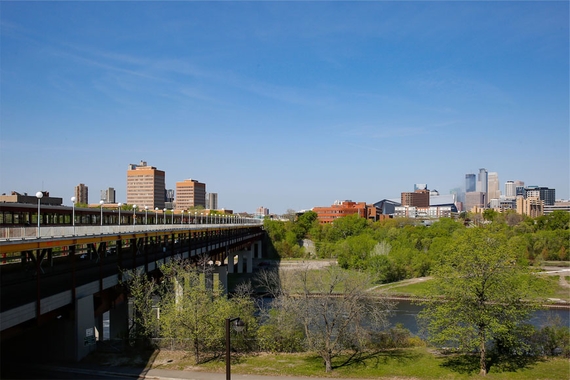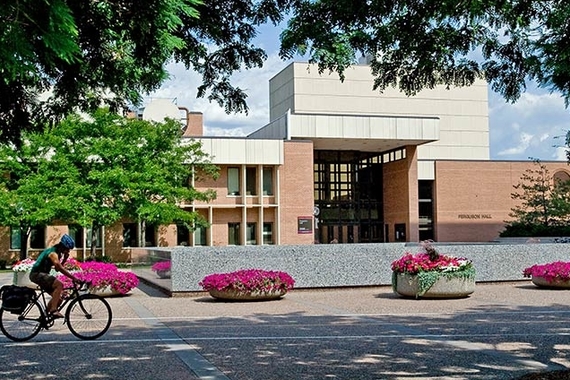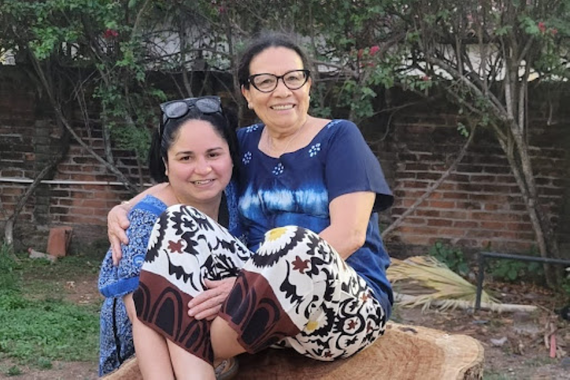COVID Through the Eyes of Historians: Patricia Lorcin
Pestilence comes in different forms as Albert Camus was well aware when he wrote the 1947 classic, La Peste (The Plague). The cover of the first paperback edition, which came out in the same year, had the black silhouettes of a menacing humanoid and rats of all sizes facing a colorful sunlit town on a hill, suggesting that both people and the harbingers of nature can devastate a society with equal potency. The book, which was allegedly based on one of the epidemics that swept through the towns of Algeria in the nineteenth century, has also been interpreted as an allegory of the 1940-44 Nazi occupation of France, a time during which Camus was in the resistance. Nor was Camus a stranger to the horrors that nature could visit on humanity. He was born in 1913 in a working-class neighborhood of Mondavi (now Dréan) five years before the start of the great influenza pandemic. As an impressionable child not only did he live through the pandemic at a very young age, but growing up he must also have heard the experiences of survivors: his family and neighbors. Reading the book today one is aware how well Camus understood the physical, psychological, and social toll taken by the uncertainty of living through a seemingly endless period of trauma; how it could bring out the best, and sometimes the worst, in people faced with the fear of the unknown. As one follows the various stages of Camus’s tale, to the uplifting liberation when the gates of the town open to the world again, ambiguity is ever-present. The inhabitants, who had lived in isolation, meet up at last with their friends and loved ones, but they are uncertain whether the tears that streak down their cheeks are those of joy or of the long-suppressed agony of fear and loss. Will—or can—life ever be the same again?
This story is a part of a larger series, "COVID Through the Eyes of Historians," in which faculty experts reflect on what we can learn from past epidemics and how we might change in response to this one.


